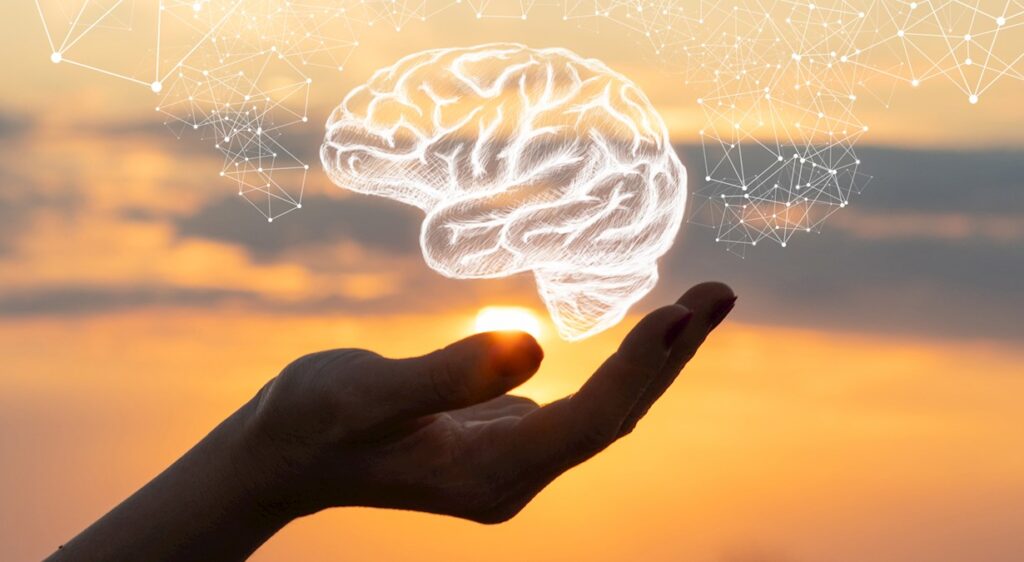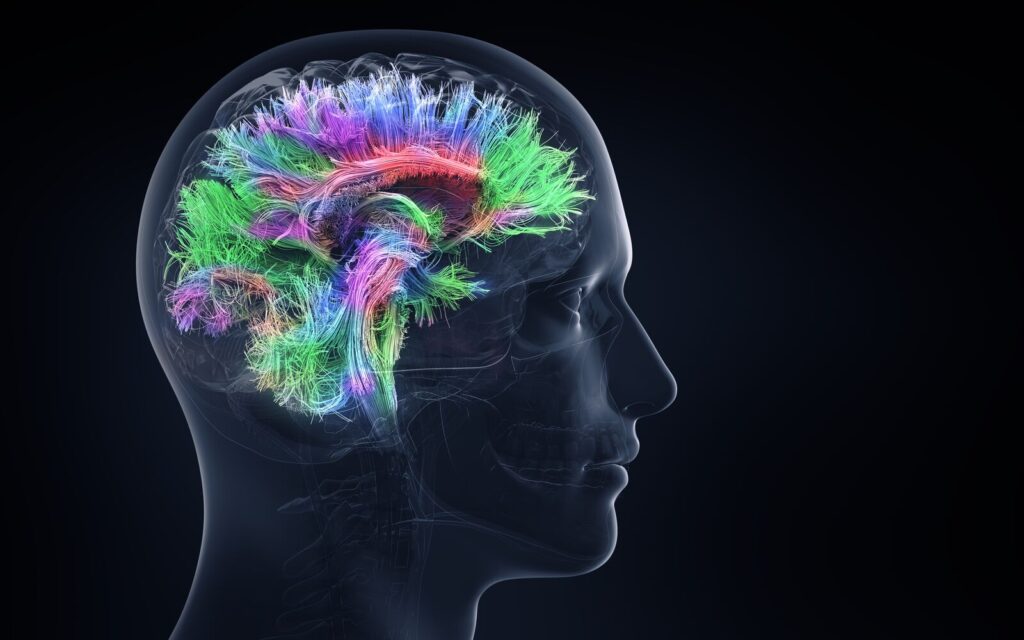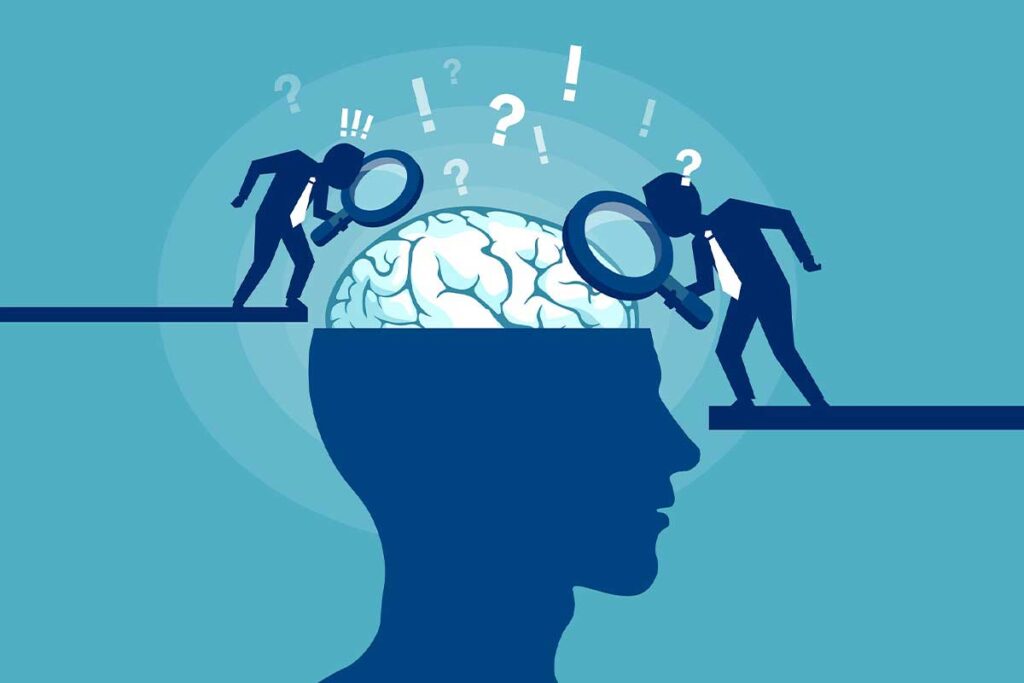What you Need to Know about Interventional Psychiatry
Interventional Psychiatry
With decades of research and studies, present psychotherapies and pharmacotherapies continue to be intolerable or ineffective for many individuals with psychiatric disorders. Such treatment-resistant and intolerant individuals, particularly those with depression, are often referred for neuromodulatory interventions such as transcranial magnetic stimulation (TMS).
However, unlike cardiology, radiology, and neurology, the field of psychiatry does not formally recognize or train “interventionists” who perform specialized procedures on the spectrum between standard care and surgery. The interventional psychiatry program offers non-invasive brain stimulation therapies and advanced medications to address difficult-to-treat symptoms. In addition, health professionals work closely with each patient to create a personalized treatment plan.
Psychiatrists specialize in the latest advances in brain stimulation to focus on the individuals who have been unsuccessful with traditional treatments. Interventional psychiatry therapies administer small electrical or magnetic pulses to stimulate nerve cells in brain areas implicated in temper, depression, and other disorders.
Conventional treatment for mental health disorders begins with psychotherapy, counseling, and medication. In most cases, these therapies provide ease, but some people still experience severe symptoms or may not be able to take certain medications. Therapies of interventional psychiatry provide safe and effective options for these patients.
The multidisciplinary team provides comprehensive evaluation and treatment with the latest approved therapies in the interventional psychiatry program. The staff includes psychiatrists, psychologists, nurse practitioners, physician assistants, and social work therapists.
Health care providers must have advanced training and experience caring for people with treatment-resistant mental health disorders.


INTERVENTIONAL PSYCHIATRY TREATMENTS
Interventional psychiatry is a treatment that combines cerebral stimulation with medication for hard-to-treat mental health disorders. Psychiatrists and professional staff have advanced training and experience caring for individuals with treatment-resistant mental health disorders.
The interventional psychiatry team works closely with each person to perform a comprehensive evaluation, beginning with:
– Discussion of previous symptoms and treatments
– Review of personal and family medical history
– Psychological evaluation to discuss feelings, thoughts, and behaviors
– Psychiatric evaluations assess cognitive and social functioning and screen for mental health conditions
Brain stimulation therapy to include:
– TMS (Transcranial magnetic stimulation) is a painless procedure that sends magnetic pulses to the brain without anesthesia and is non-invasive
SERVICES PROVIDED FOR INTERVENTIONAL PSYCHIATRY
Qualified staff provides outpatient care and services that include:
– Comprehensive psychiatric and psychological evaluation to confirm the diagnosis
– Medication treatment for major depression and other mental health disorders
– Individual, family, and group therapy
– Brain stimulation therapy includes transcranial magnetic stimulation (TMS)
CONDITIONS TREATED WITH INTERVENTIONAL PSYCHIATRY
A group of professionals offers safe and effective brain stimulation therapies and advanced medications to help patients who have not encountered relief with conventional treatments. Conditions treated with interventional psychiatry include:
– Severe or treatment-resistant depression
INSIGHT INTO INTERVENTIONAL PSYCHIATRY
Different people may benefit from interventional psychiatry treatments; these treatments can help, for example:
– Patients who tried at least two types of medications for a mental health disorder, but symptoms did not go away or got worse
– Individuals who cannot take medication because they are pregnant or cannot tolerate the side effects of medicines
– Those persons who have had previous successful treatment with brain stimulation
– People who experience severe or urgent symptoms, such as extreme suicidal thoughts

WHEN TO SEEK FOR HELP OR EMERGENCY CARE
Mental health disorders that generate severe symptoms and do not respond to treatment can become life-threatening. Individuals need to contact their health care provider or a licensed mental health professional if they experience symptoms that could put their life at risk, for example:
– Symptoms of depression include sadness, hopelessness, guilt, or feelings of worthlessness
– Symptoms of psychosis include delusions, hallucinations, or disorganized thoughts or movements
– Symptoms of mania include agitation, increased activity, racing thoughts, unusual talkativeness, or nervousness
Individuals should seek immediate emergency care when having thoughts of self-harm or suicide.
There is always a way; contact us today if you need help.
